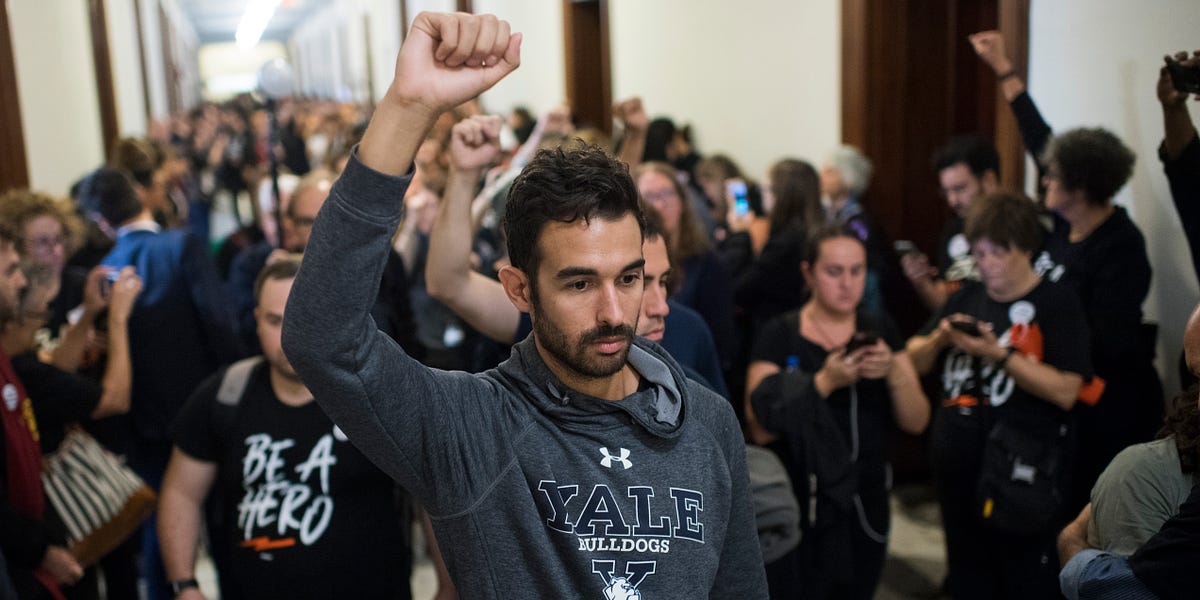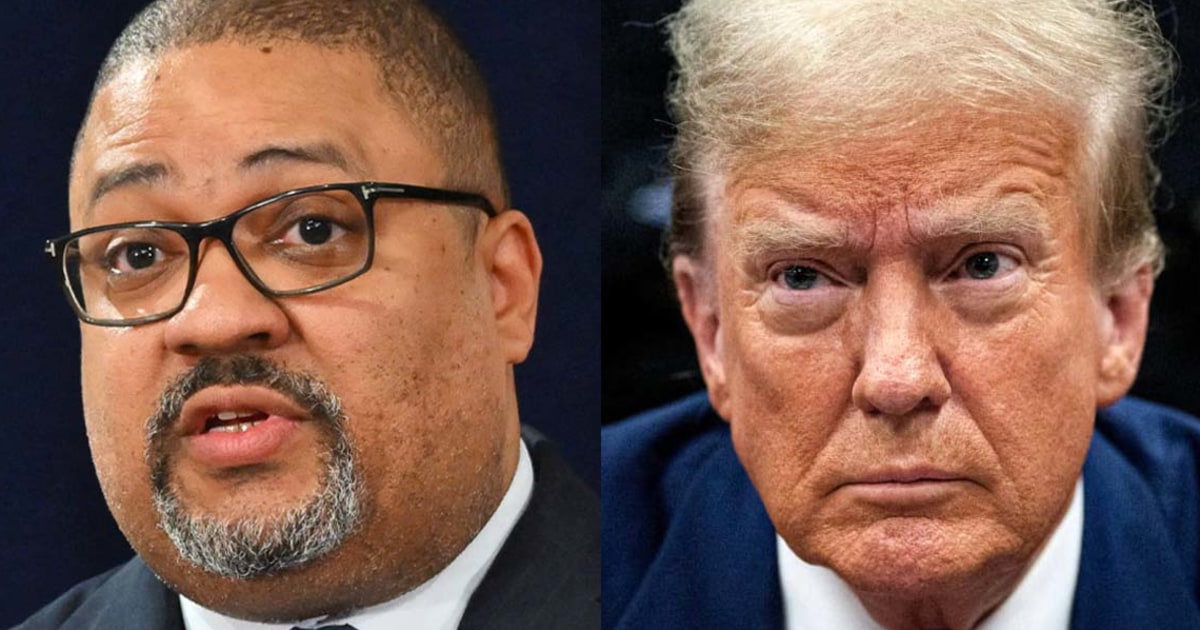Also emphasized is that he was a progressive target.
The adversarial legal system—in which both sides of a dispute are represented vigorously by attorneys with a vested interest in winning—is at the heart of the American constitutional order. Since time immemorial, law schools have tried to prepare their students to take part in that system.
Not so much anymore. Now, the politicization and tribalism of campus life have crowded out old-fashioned expectations about justice and neutrality. The imperatives of race, gender and identity are more important to more and more law students than due process, the presumption of innocence, and all the norms and values at the foundation of what we think of as the rule of law.
. . .
But critical race theory, until quite recently, only had so much purchase in legal academia. The ideas of its founders—figures like Derrick Bell, Alan David Freeman, and Kimberlé Crenshaw—tended to have less influence on the law than on college students, who by 2015 seemed significantly less liberal (“small L”) than they used to be. There was the Yale Halloween costume kerfuffle. The University of Missouri president being forced out. Students at Evergreen State patrolling campus with baseball bats, eyes peeled for thought criminals.
At first, the conventional wisdom held that this was “just a few college kids”—a few spoiled snowflakes—who would “grow out of it” when they reached the real world and became serious people. That did not happen. Instead, the undergraduates clung to their ideas about justice and injustice. They became medical students and law students. Then 2020 happened.
All of sudden, critical race theory was more than mainstream in America’s law schools. It was mandatory.
Starting this Fall, Georgetown Law School will require all students to take a class “on the importance of questioning the law’s neutrality” and assessing its “differential effects on subordinated groups,” according to university documents obtained by Common Sense. UC Irvine School of Law, University of Southern California Gould School of Law, Yeshiva University’s Cardozo School of Law, and Boston College Law School have implemented similar requirements. Other law schools are considering them.
As of last month, the American Bar Association is requiring all accredited law schools to “provide education to law students on bias, cross-cultural competency, and racism,” both at the start of law school and “at least once again before graduation.” That’s in addition to a mandatory legal ethics class, which must now instruct students that they have a duty as lawyers to “eliminate racism.” (The American Bar Association, which accredits almost every law school in the United States, voted 348 to 17 to adopt the new standard.)
The kids didn't grow out of it.

www.thefp.com
And then you think about all those university students protesting on behalf of, and supporting, Hamas, and you begin to wonder what the legal system is going to look like when those now students start their legal careers, with their heads full of CRT, DEI and equity and also support for radical and terrorist causes, apparently.
Purposefully so. There is no need for detailed and specific charges as Cuellar didn't toe the leftist ideological line as he should have. Any charge sufficient to drive him from office is enough.
A whole new level for the 'Just-Us' legal system.






